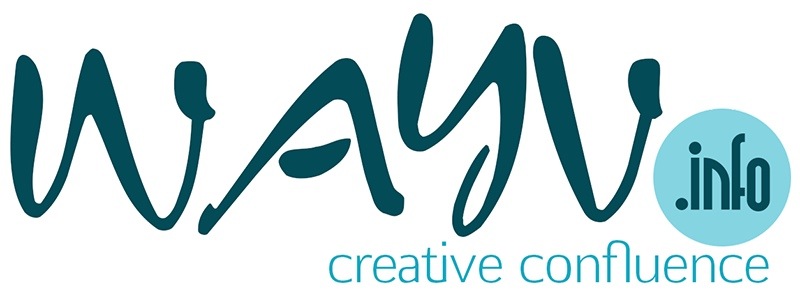As popular protests have spread across Turkey amid the hamfisted and authoritarian reaction by government, Brazil had seen street protests rapidly go national, as well. In Brazil, what started as a strike against steep transit price hikes has morphed into a nationwide forum for grievances against an unresponsive system of government.
While authorities and media at first appeared to condone the direct use of violence against nonviolent protesters, and foreign journalists described being detained or forcibly removed from protest sites, protesters have adopted the slogan “The People Have Awakened” for a movement that now demands more humane and effective policing, an end to slave labor, serious moves toward racial equality and consequences for public corruption.
Below are some articles explaining the recent history:
Brazil Protests – Share your stories
… Brazil experienced one of its biggest nights of protest in decades on Monday as more than 100,000 people took to the streets nationwide to express their frustration at heavyhanded policing, poor public services and high costs for the World Cup.
The major demonstrations in Rio de Janeiro, São Paulo, Brasilia, Belem, Belo Horizonte, Salvador and elsewhere started peacefully but several led to clashes with police and arson attacks on cars and buses. In Rio images and video posted online showed vast crowds. …
Brazil’s Perfect Storm of Discontent
… Rather than scare people off, the heavy-handed police reaction helped stir things up. In Sao Paulo alone, 235 people were arrested last Thursday – many for carrying vinegar to minimise the effects of tear gas. Reports abounded of police brutality and provocation, including a policeman caught on cameravandalising his own vehicle.
Brazil’s corporate media, which until then had vilified demonstrators and called forforceful policing, changed its tune when seven journalists working for one of the country’s biggest newspapers were hurt. Two of them were shot in the face with rubber bullets. Protesters went home chanting: “Tomorrow it will be bigger.”
Indeed it was bigger. Monday saw hundreds of thousands of people demonstrating in more than 20 cities. More than 100,000 people hit the streets in Sao Paulo and Rio de Janeiro. In Brasilia, the capital, protesters occupied the parliament, though they left the area peacefully after some time…
… Leaders in Brazil’s two biggest cities said Wednesday that they reversed an increase in bus and subway fares that ignited anti-government protests that have spread across the nation in the past week.
Many people doubted the move would quiet the demonstrations, which have moved well beyond outrage over the fare hikes into communal cries against poor public services in Latin America’s biggest nation.
“It’s not really about the price anymore,” said Camila Sena, an 18-year-old university student at a protest in Rio de Janeiro’s sister city of Niteroi. “People are so disgusted with the system, so fed up…
News item: June 20, 2013, from wayv.info
